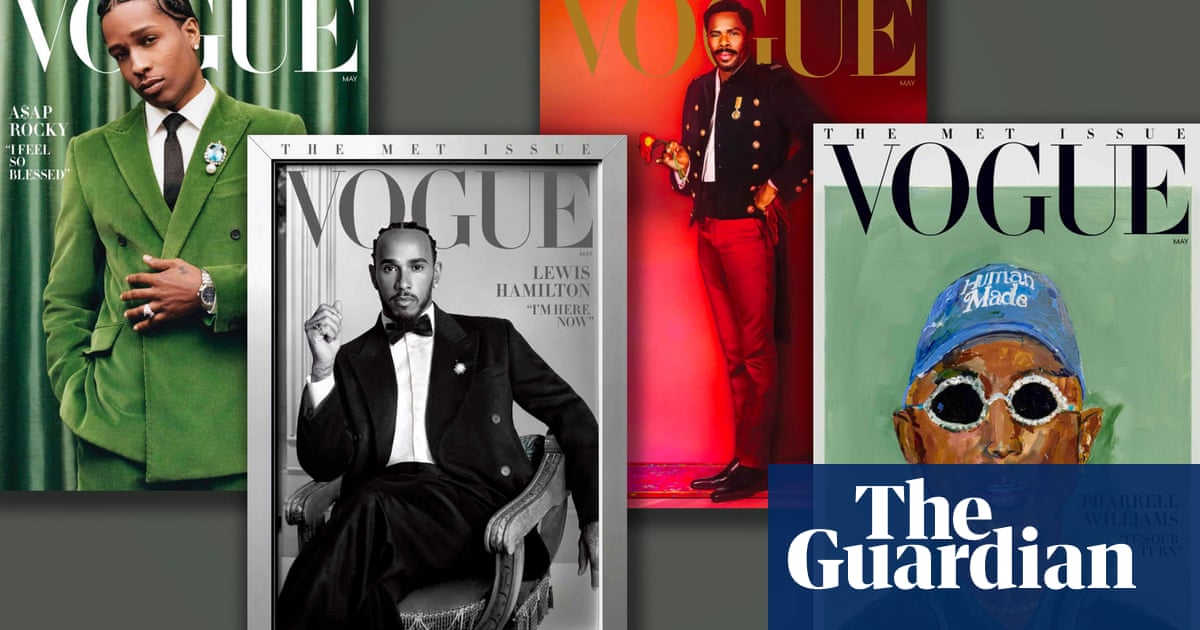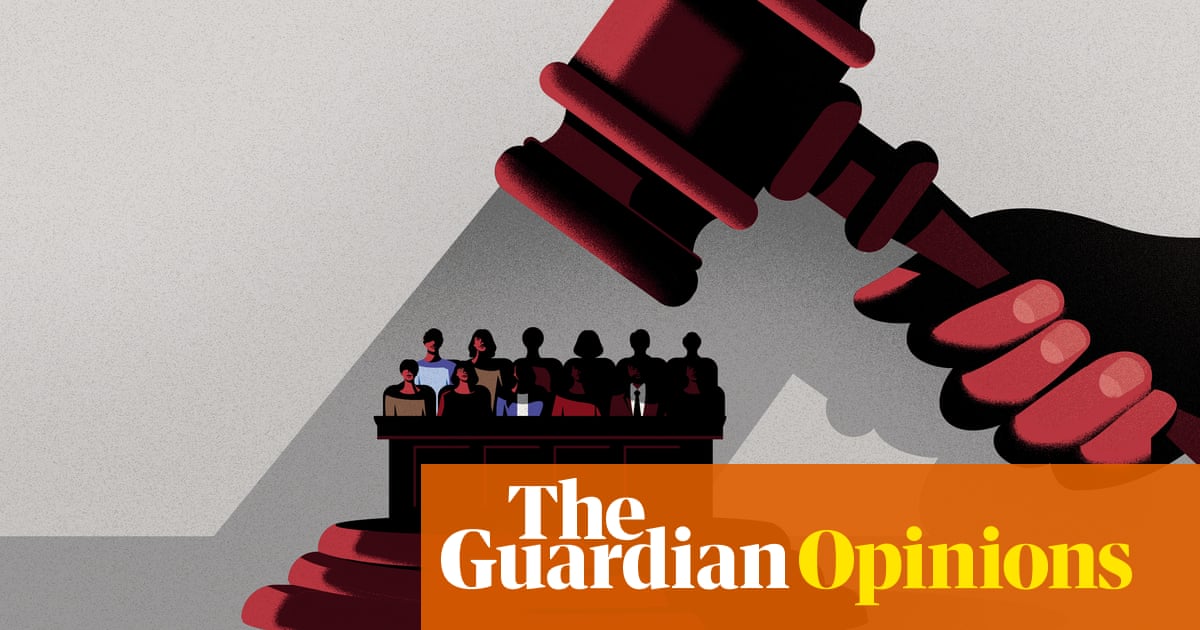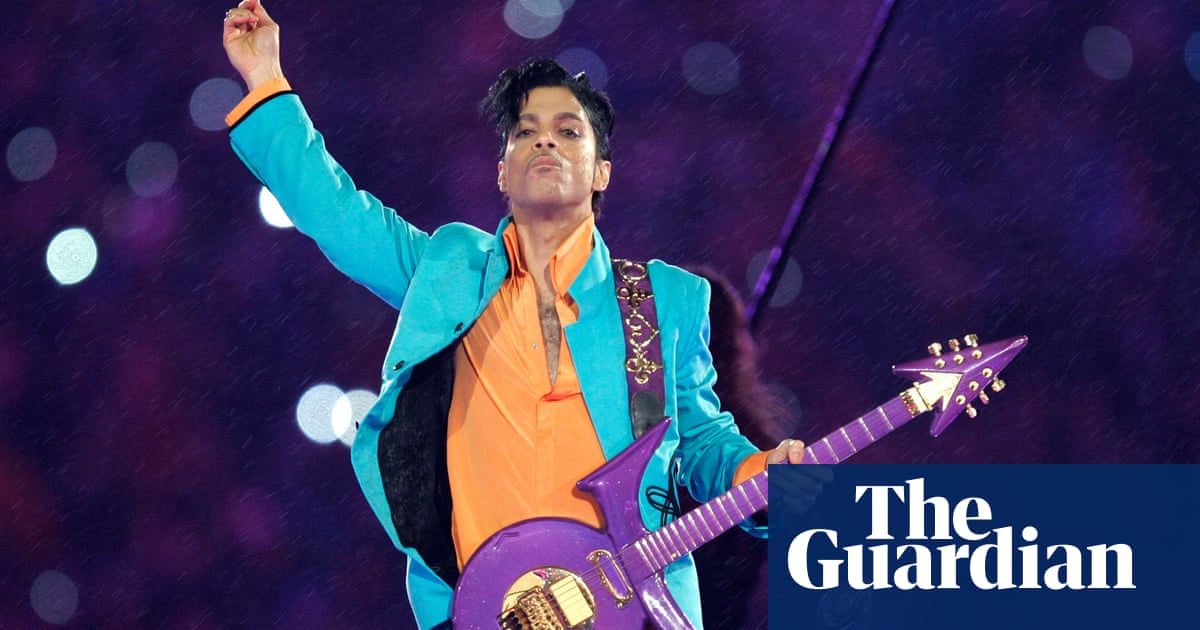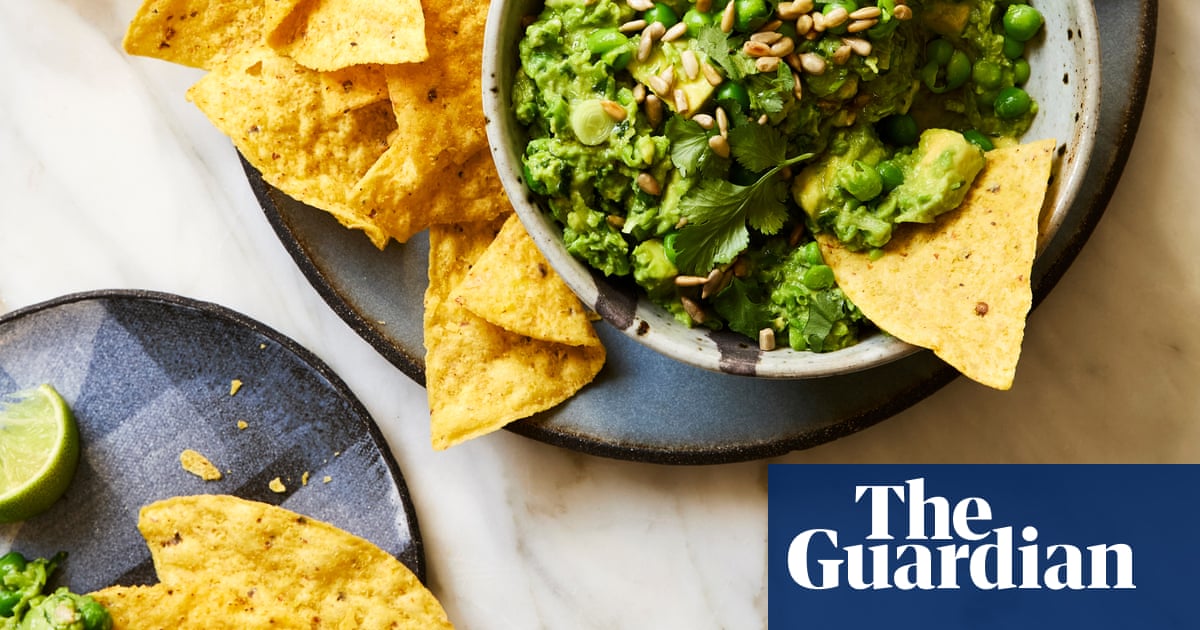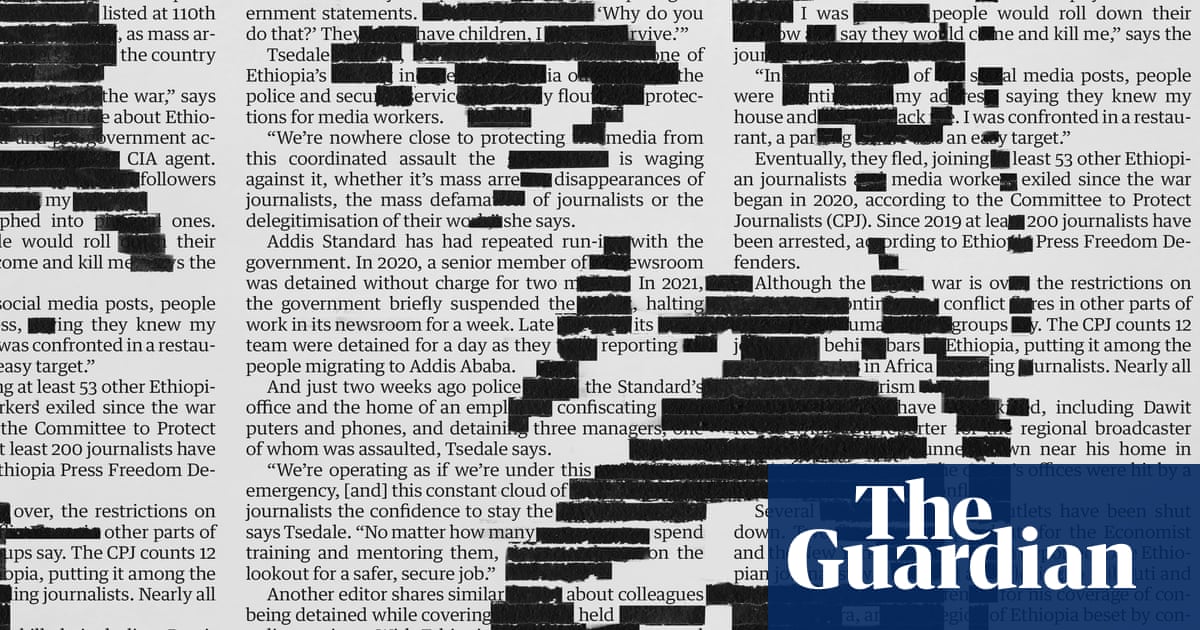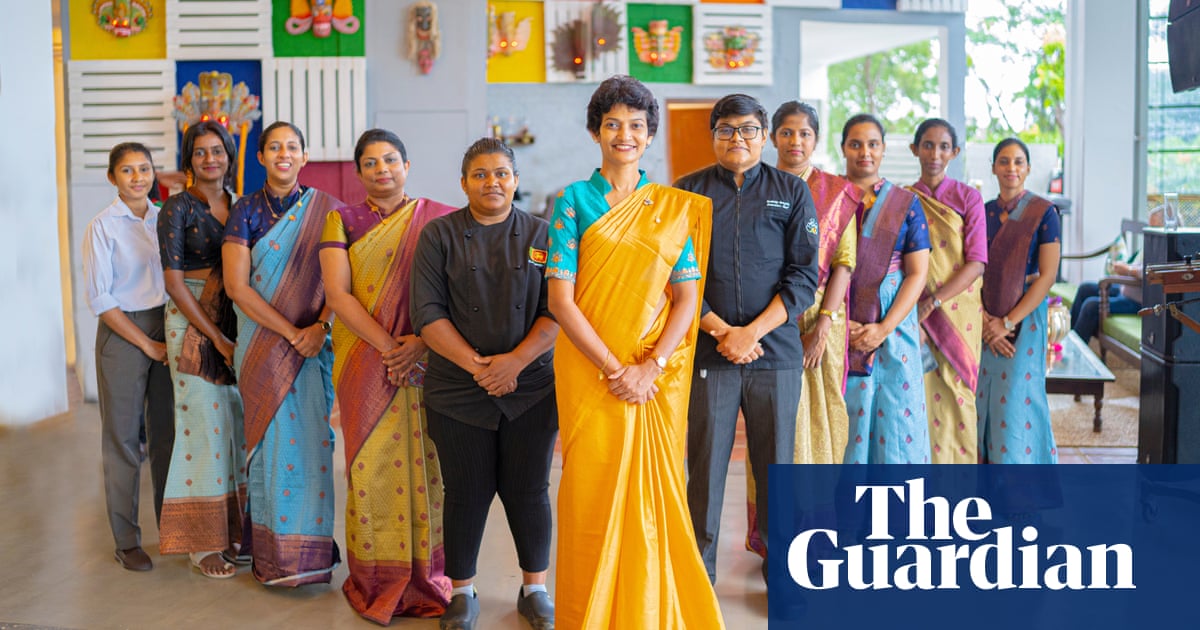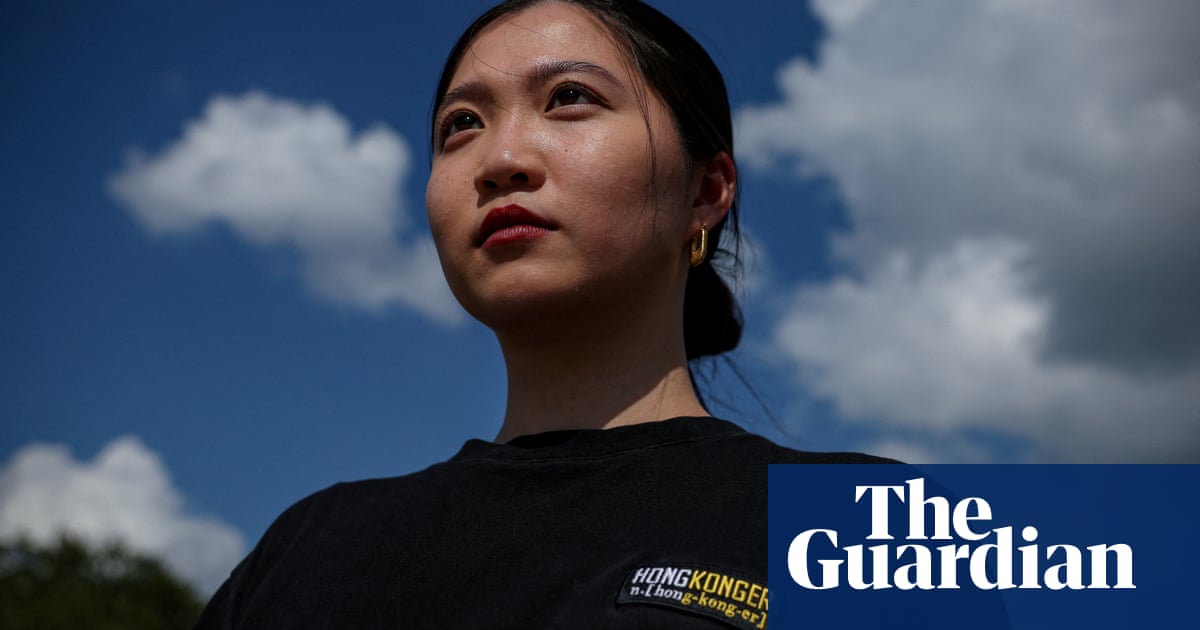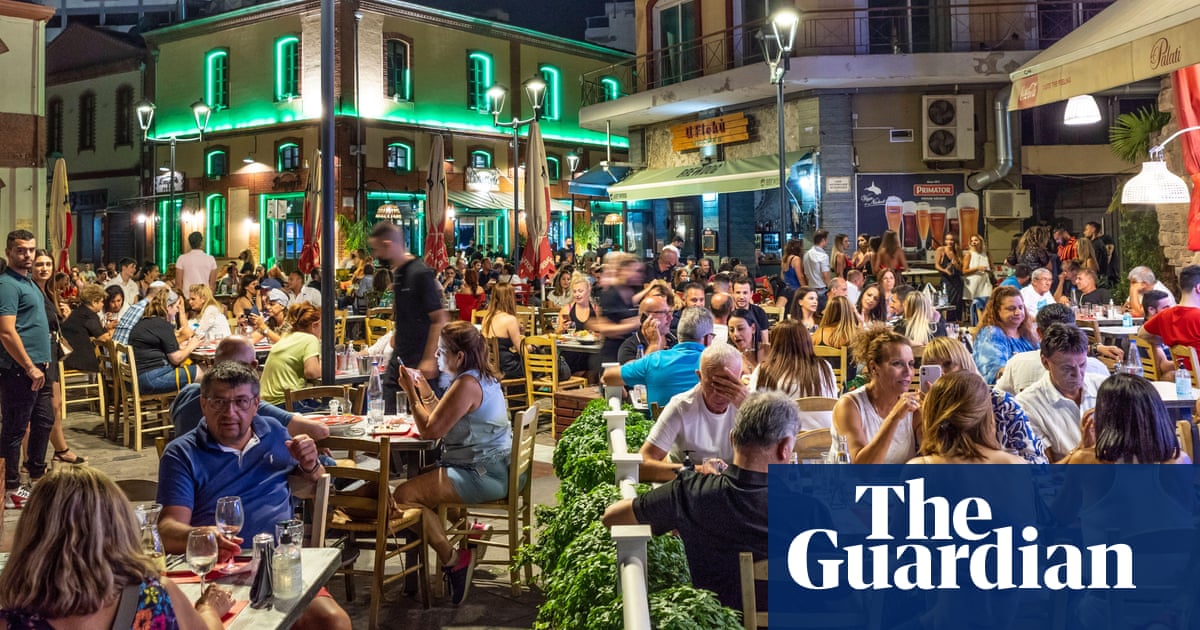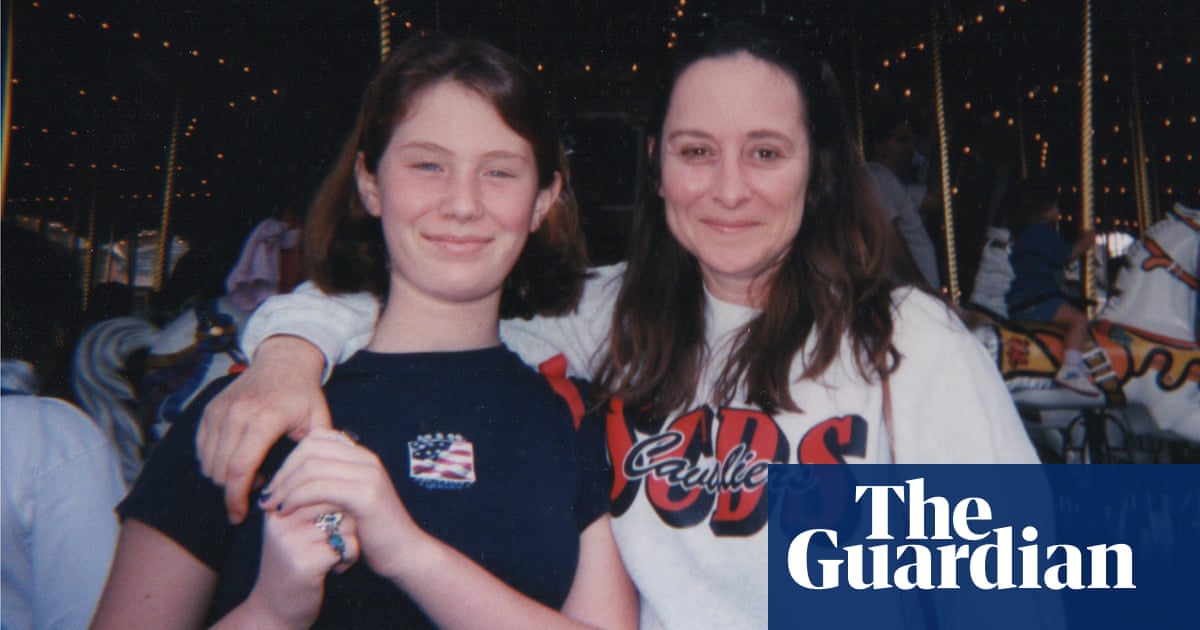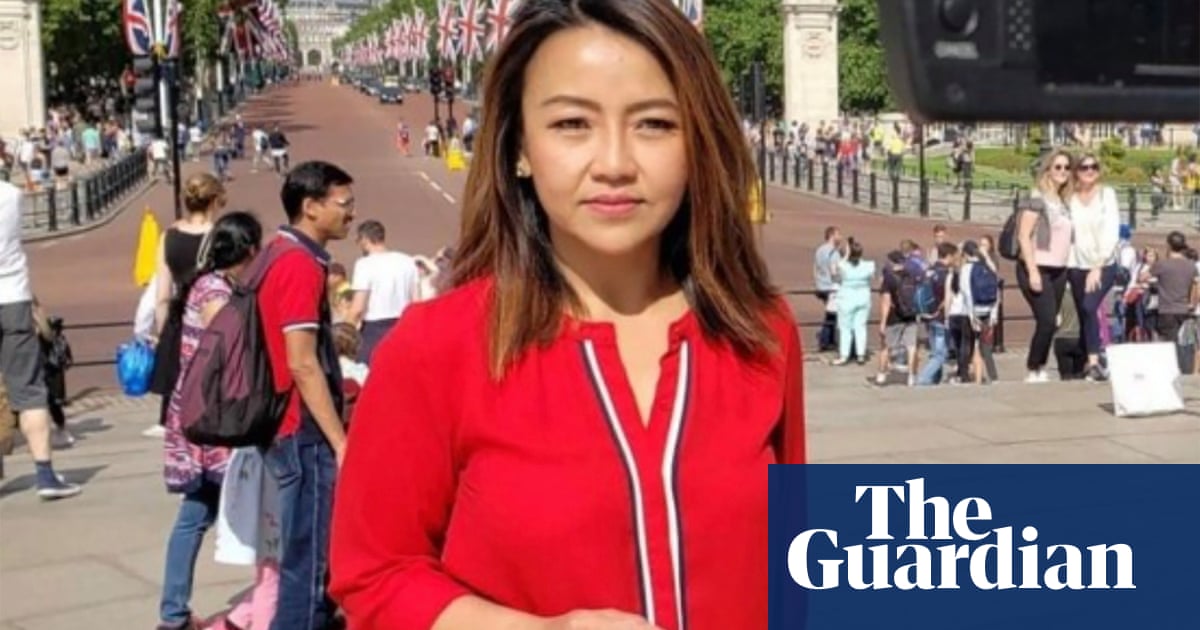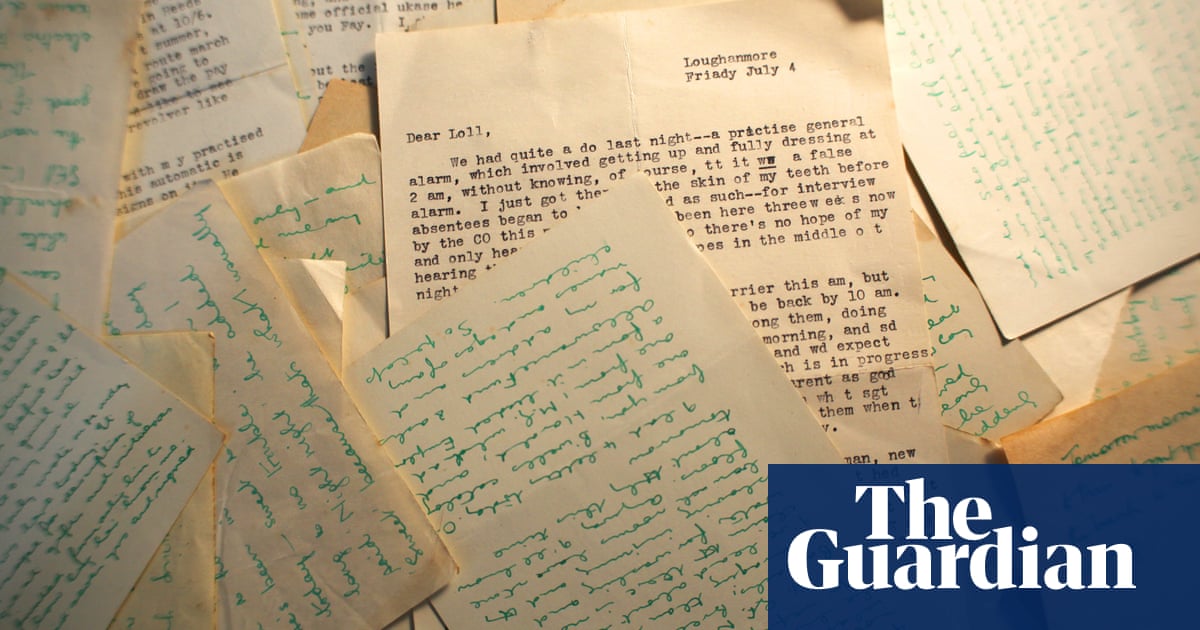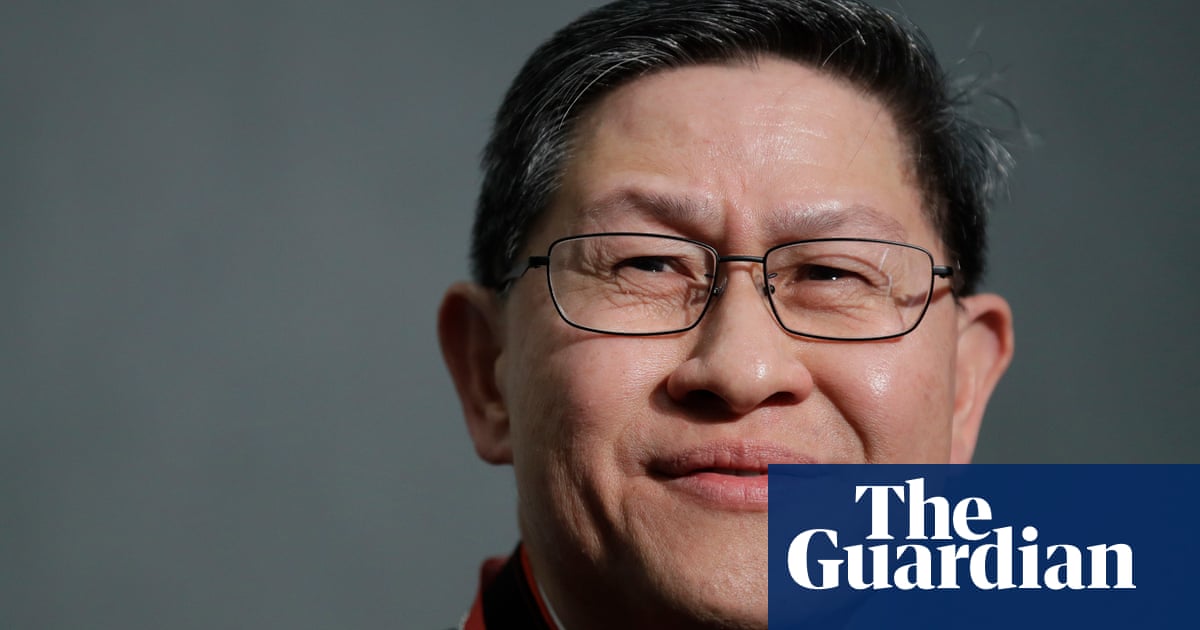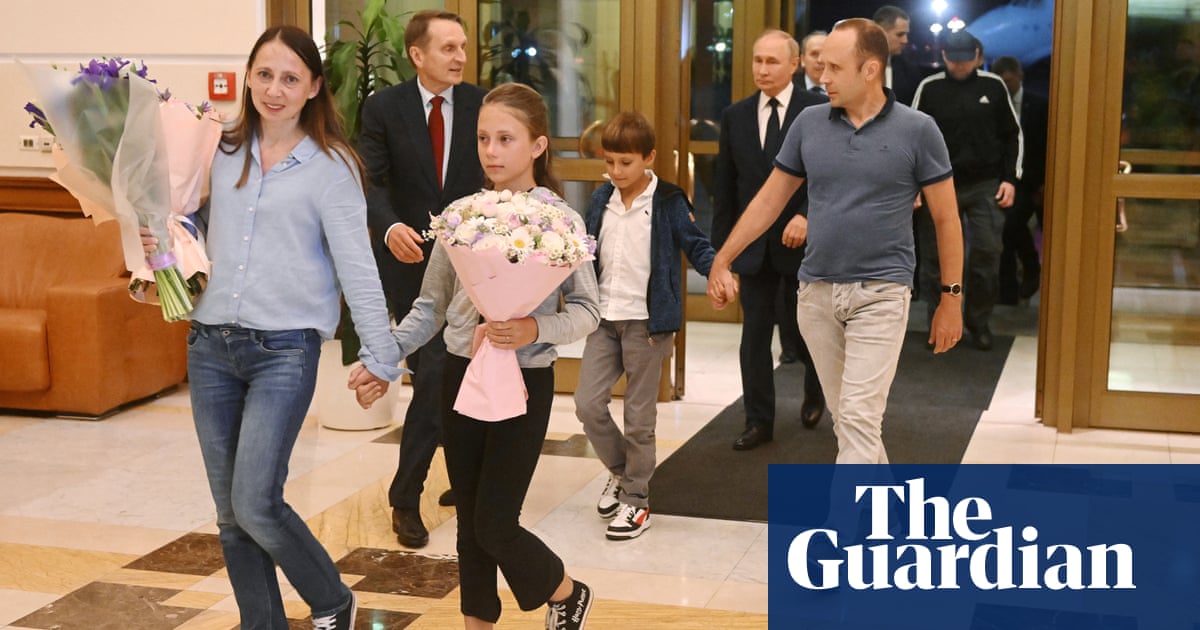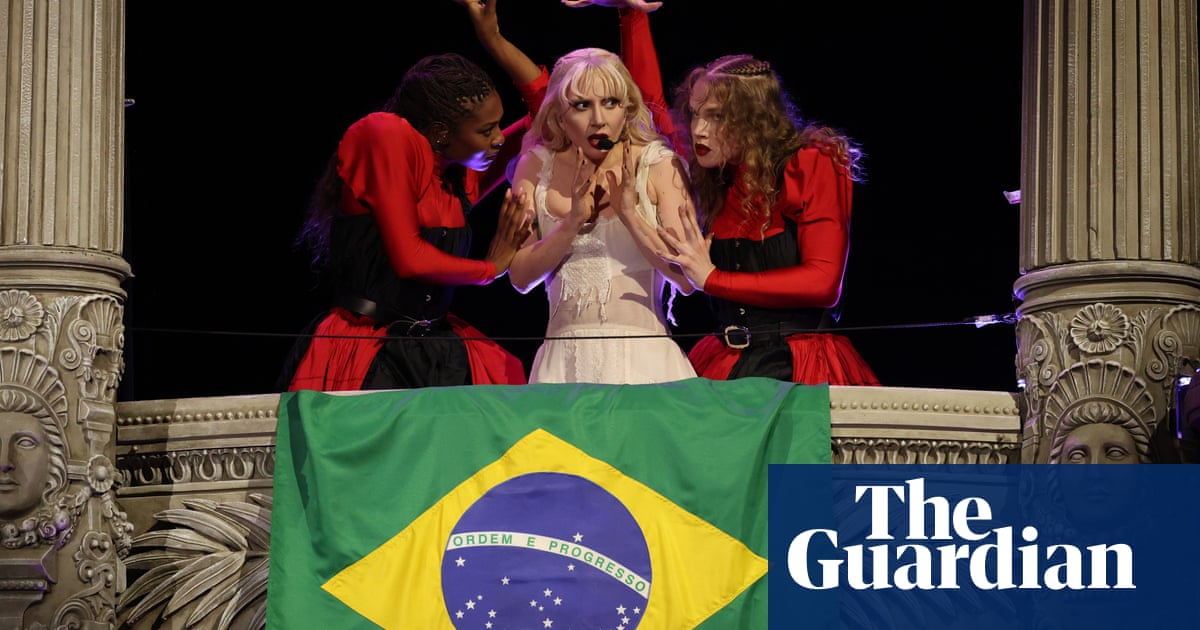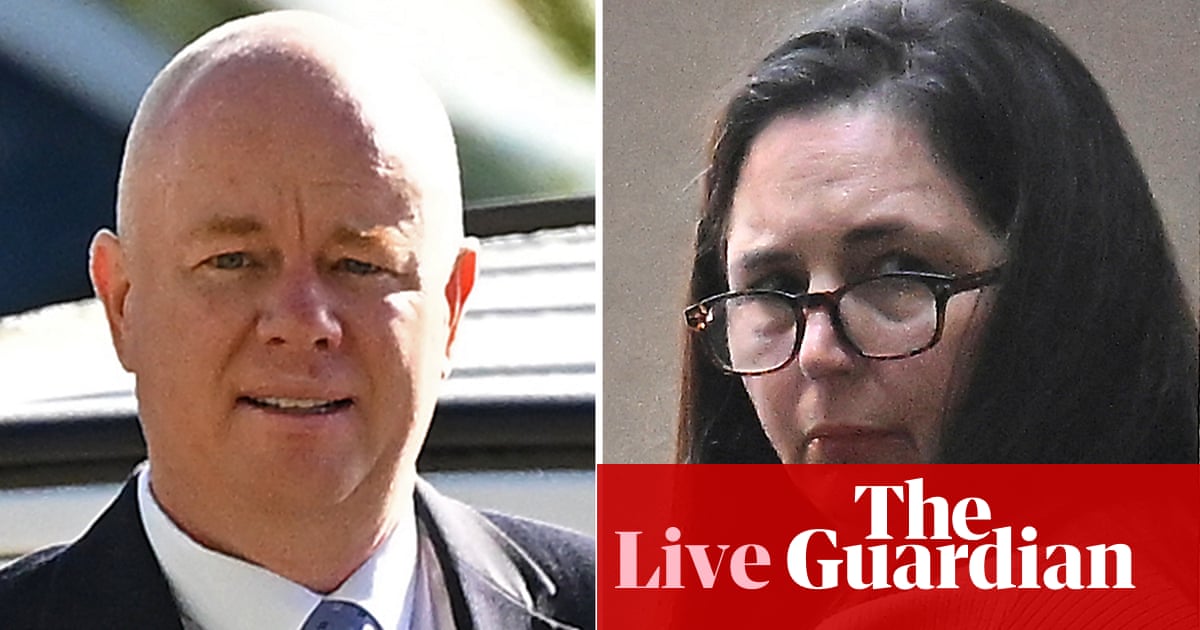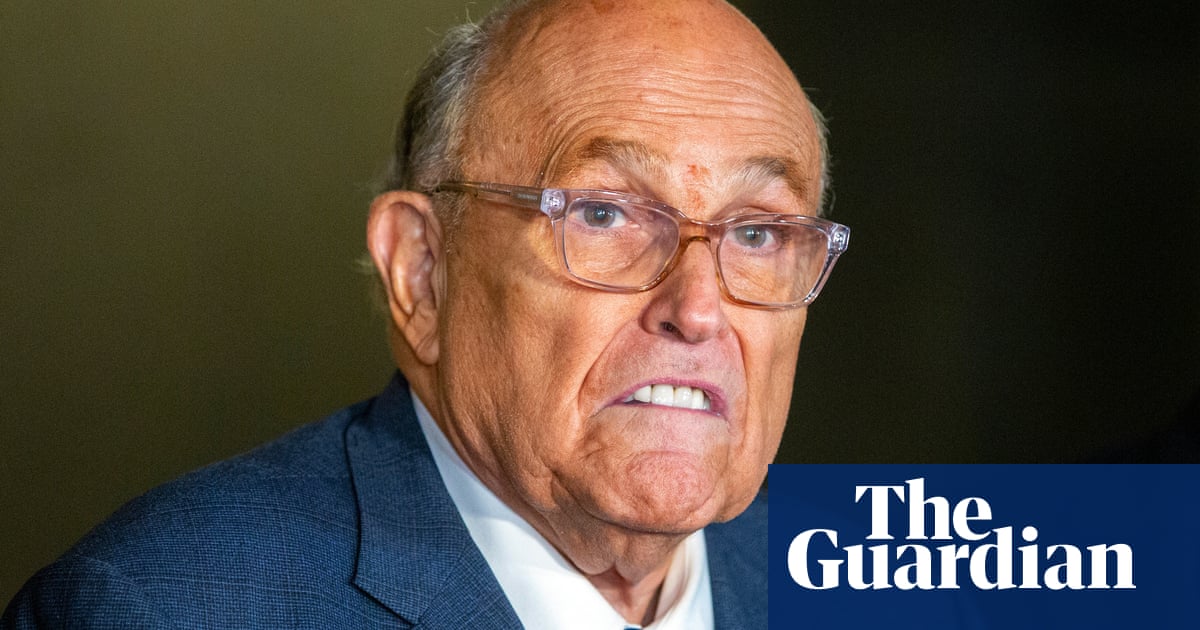I spent most of my adult life as an evangelical Christian, learning to accept a whole-body compliance to a regimented way of living and submission to the Bible as God-breathed and infallible. For me, this became a rigid and tortured way to live, the opposite to the freedom it initially promised.
I followed in the footsteps of my big sister, the trailblazing poet Dorothy Porter, and attended a church camp when I was 10. But unlike Dorothy (or Dod as I called her) who fell in love with a sequence of beautiful and beatific female Christian leaders at the camp, I charted my own path and invited Jesus into my life and was born again. Dod was horrified, but I think quietly set about trying to deconvert me from that time. It took 35 years.
While Dod, in her bohemian life as a poet of rabble-rousing, sexually charged verse novels, ran towards delicious worldliness, I took the other fork in the road, towards asceticism and self-sacrifice. I believed I knew all the answers, so chose a different type of zealous life to my dazzling sister – and clung to it with equal tenacity. She died in 2008 aged 54, living passionately to the end.
Despite our radically different life choices, we both felt like outsiders in the family: me because of my intense religiosity and sense of invisibility, and she because she lived the closeted life of a gay woman until her early 30s. We became confidantes for each other, sharing our recent dramas with our father, the prominent Sydney barrister Chester Porter, reassuring each other of complete discretion. She became my reliable drinking companion in the Chester Porter Survival Club, as we navigated our father’s volatile temper and terrifying rages.

Dod then wrote books that challenged my entire worldview, startling me out of my stupor and dogged adherence to what had been fed to me as the “Only Truth”. Her verse novel Akhenaten tells the tale of the monotheistic Pharaoh and his desperate attempt to secure a male heir through his daughters, while he also has a passionate love affair with his brother. My exterior evangelical self was shocked, but always lurking beneath the surface was my other buried self, who delighted in Dod’s rule-breaking, her subversiveness and her galloping fame. My transgressive big sister cracked the door open for me to start seeing the world differently, beyond the narrow ideological compliance I felt subjected to. Her work gave me a place to hide, to know and feel the world as wild and varied, while on the outside I appeared as a respectable church handmaiden and matron.
after newsletter promotion
Perhaps it was her later book, Crete, that changed me the most. I was stuck in an evangelical church where women were permanently subordinated to men, but Dod celebrated women’s power with explosive poems of bold Minoan femaleness. “In what other time / has the breast been mightier / than the sword?” she wrote in The Power and the Glory. But it was her sublime verse novel Wild Surmise that sealed the deal for me. There would be no more conventionality and misogyny for me, as I immersed myself in her words and found courage: “You’re standing on a raft / of thick alien ice / but you’re moving – / floating like a berg / on the deepest ocean / in the unknown world / A new world / where you might learn / colder lessons / than nothing” (Europa).

Dod had an unerring belief in her creative voice, the power of a poem to blow a room or someone’s life apart. While she may have felt fear and anxiety in her private life (as I have, a legacy of some of the worst times with our father), she never felt it in her work, nor did it deter her from speaking out on things that matter: Indigenous massacres, nationalistic jingoism, the incarceration of refugees, homophobia. She showed me how to find my voice in the fog of cognitive dissonance and internal fury that characterised my former Christian life.
It took me many years to apologise to her for my preachy Pharisaic self-righteousness, particularly of her sexuality. I never managed to tell her, except at her funeral, that she had become the impetus and example for me to be brave and speak the truth, to be subversive and challenge orthodoxy in its many guises, and to always be suspicious of fakes. I was never going to be silent again, and maybe I too could be dangerous and transgressive by unmasking the hidden networks of power within churches and help other people with the trauma they experience. I am now a psychotherapist and advocate for those who have been harmed by high demand religious communities. As I found my voice, I try to help others find theirs.
My bold and lionhearted big sister showed me how.
“I stand my ground / in the undaunted spray / and company / of my own words” (The Ninth Hour from The Bee Hut).

 2 months ago
59
2 months ago
59

